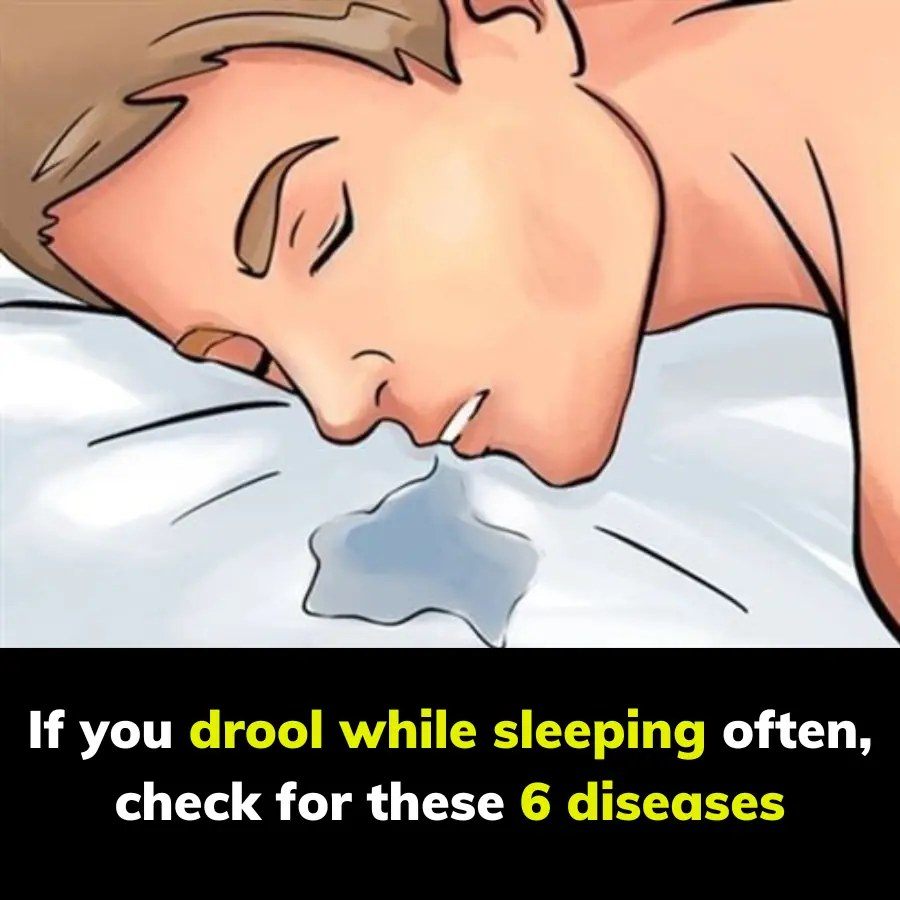4. Neurological Disorders
Conditions like Parkinson’s disease, stroke, or multiple sclerosis can affect muscle control in the mouth and throat. This makes it harder to swallow properly, leading to drool buildup.
5. Tonsillitis or Throat Infections
Inflamed tonsils or throat infections can interfere with swallowing. When saliva cannot move down the throat efficiently, it tends to escape from the mouth during sleep.
6. Medication Side Effects
Certain medications—especially those for depression, anxiety, or neurological conditions—can increase saliva production. If you notice drooling after starting a new medication, it may be a side effect.
When to See a Doctor
If drooling happens occasionally, it’s usually not a concern. But if it occurs regularly and is accompanied by snoring, choking during sleep, or daytime exhaustion, you should seek medical advice. Identifying and treating the underlying condition can improve your sleep quality and overall health.
